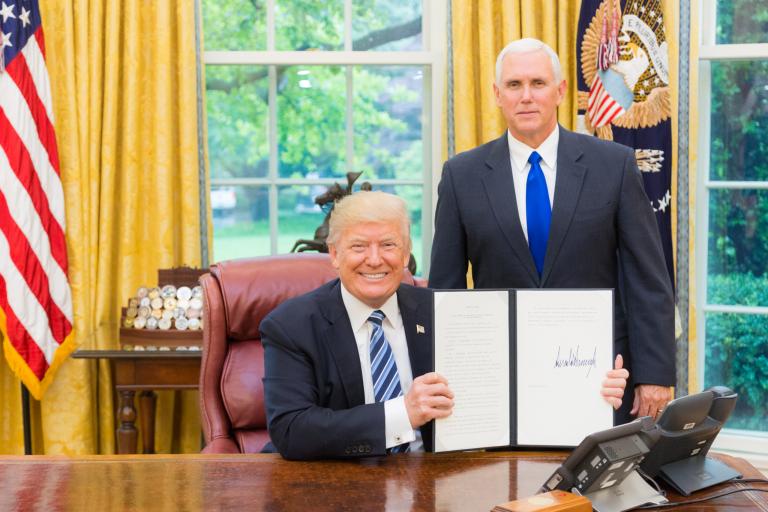Why has America grown more individualistic?

Many people describe American culture (and the West more generally) as individualistic. Elsewhere, I’ve explained why such individualism is detrimental to the church. If so, a question is worth asking, “Why has America grown more individualistic?” The answer no doubt is multi-faceted.
For instance, we might point to increased wealth, philosophical shifts, abuses in power, or Christianity’s emphasis on individual dignity. In light of the upcoming mid-term election in the States, I will focus on one reason that no one talks about.
Do you really want the government to step in?
Contrary to popular belief, Americans want more government, regardless of party affiliation, unless one is a Randian Libertarian. For those on the Left, this goes without saying. Yet, for those on the Right (within the American political spectrum), the point is no less true.

The incessant, loud outcries for politicians to do this or that is indicative of an entrenched trust or hope in government. And my emphasis is on “incessant, loud outcries,” not the desire that government does “this or that.” I’ve visited several Sunday schools or small groups in American churches only to find out that what enflamed their passions more than anything else –– whatever “the other political party” is trying to get away with to “ruin our Christian country.”
To listen to American Christians, one would think their great hope for the world is government, not the church. Their behavior, emotions, and speech undermine their official statements of orthodoxy.
So, what happens when the government increasingly asserts itself in daily life? We can give the same answer regardless of what agenda the government pursues. What are the indirect or unintended consequences?
More Government Undermines Collective Identity
I’ll state my conclusion upfront:
Increased government involvement in our daily lives fosters individualism and undermines collectivist identity, whether as families, churches, local communities, etc.
How so? The government has grown to become both people’s functional “family” and “church.” The average Christian will long accept harsh words spoken against Christ or criticism against the church; however, insinuate that the “other political party” has a better idea and you might lose a friendship unless you repent.

Our passions reveal our true identity. What stirs your affections and actions? How does your mind usually and unconsciously finish this sentence, “If people-X would just do Y, the world (country, society, etc.) would be a much better place”?
Forming Functional Families and Churches
When our minds clamor without ceasing for politicians to implement one or another initiative, we eventually come to see government as a functional Savior. We begin to identify more with fellow members of a political party more than with followers of Christ. Expressing political opinions is one thing; functional allegiance, impassioned identification, and vilification of political others is quite another thing.
Prolonged and impassioned partisan banter (not mere debate) becomes an indirect call for “more government.” In such a context, only one type of collective identity will result. It centers on a party, not a Person. It exalts a candidate, not Christ.
I anticipate some will reply, “Do not China and other non-democratic regimes epitomize the ‘more government’ idea? Yet, they are not ‘individualist’ cultures.” At least in China, people and government interact in very different ways. Thinking “politically” is futile (at best). A person is not pressed to choose, even theoretically, whether they want more or less government.
The government also inserts itself into people’s lives in a more selective manner. In practice, local matters are handled by local people. At every level of society, personal relationships make life happen.
These dynamics continue to foster mutual identification with others across a spectrum of spheres. While some Chinese Christians certainly might struggle with feeling more “Chinese” than “Christian,” they do not face the same temptation as Americans to allow the government to become their functional family and church.













